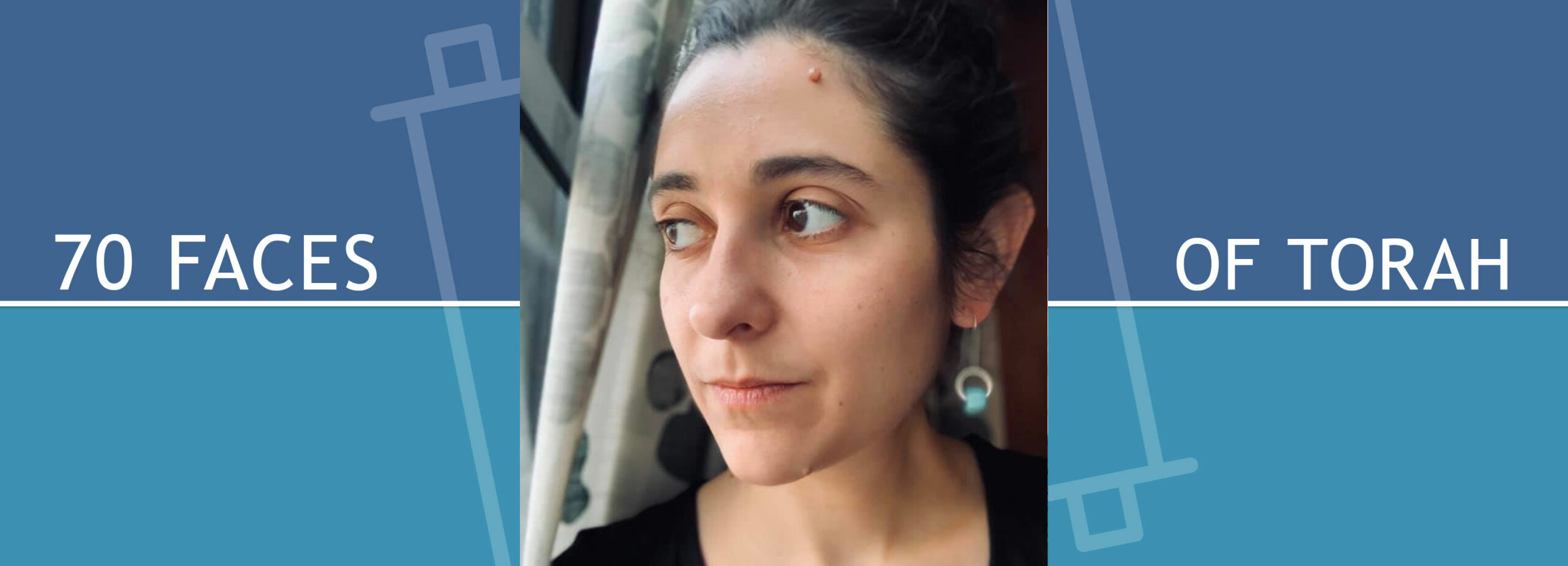Jewish learning We Are Still In Mourning

Parashat Vayeshev (Genesis 37:1-40:23)
We are still in mourning. In the days after Oct 7th, the Jewish people were in shock. That shock slowly twisted itself into grief over the first few weeks. As the thirty day mark approached, Jewish leaders began to question how and whether to mark the occasion as an end to shloshim.
In traditional Jewish mourning, when a month has passed after a death, we begin to ease ourselves out of the fullness of our mourning. We slowly return to our normal routines and patterns. It wasn’t clear if shloshim was a useful framework to help us transition out of that first painful month. Though thirty days had passed, we hadn’t moved on. War was raging, hostages remained in captivity, and well over one hundred of the dead still hadn’t been identified, let alone buried. We weren’t healing. We refused to let go.
Parashat Vayeshev brings us a model of excessive mourning. The Torah tells us that Jacob mourns the death of his most beloved son, Joseph, for many days—yamim rabbim. Having rent his clothing and donned sackcloth, Jacob fully embodies the mourner. This behavior goes on for days and days and nobody can help. All of the children of Israel try to offer their father comfort:
וַיָּקֻמוּ כָל־בָּנָיו וְכָל־בְּנֹתָיו לְנַחֲמוֹ וַיְמָאֵן לְהִתְנַחֵם
“All his sons and daughters sought to comfort him; but he refused to be comforted.”
(Genesis 37:35)
We aren’t told exactly what was done to offer comfort to their father, but we understand that Jacob’s continued mourning is a choice. He is inconsolable because he refuses to be consoled. He is determined to carry this pain with him to his own grave:
וַיֹּאמֶר כִּי־אֵרֵד אֶל־בְּנִי אָבֵל שְׁאֹלָה וַיֵּבְךְּ אֹתוֹ אָבִיו
Saying, “No, I will go down mourning to my son in Sheol.” Thus his father bewailed him.” (Genesis 37:37)
In the second week of October someone asked me “When? When will we wake up again without our hearts in our throats?” And without hesitation I said “Never.” Channeling the pain of Jacob, my answer was less a prediction of doom than a commitment to remember. It was an assertion that time shouldn’t heal all wounds. Instead, some pain must become a scar that we choose to carry with us. This is how the 16th-century Italian commentator Sforno understands Jacob’s resistance to comfort: “He refused to listen to words of comfort in order not to become guilty of forgetting to mourn.”
Expanding on this theme of guilt, Sforno’s commentary offers a possible reason for a father’s deliberate choice never to move on from his grief. He explains that Jacob’s insistence on living out the rest of his days as a mourner is because he feels a sense of personal guilt for having sent his son, Joseph, out on a dangerous errand. Perhaps if Jacob had made different choices, kept Joseph closer to home, he’d be alive. This kind of personal guilt may also feel familiar to some people who are grieving loved ones. When struggling with a feeling of guilt, even when no guilt is justified, allowing yourself to accept any comfort at all can feel like a betrayal.
But it is Sforno’s comment on the last phrase of this verse that is his most surprising, and perhaps most important for us right now. Sforno tells us that the closing description—וַיֵּבְךְּ אֹתוֹ אָבִיו—“Thus his father bewailed him” is not a description of Jacob’s crying over Joseph. Rather it is the perspective of the previous generation watching: “Isaac wept over Jacob’s decision to remain in mourning for the rest of his life. As a result of being in mourning he would forfeit Divine inspiration also.” In this read, Jacob is the son, and his father Isaac has the distance to see the magnitude of what Jacob has lost. In addition to the loss of his son, by choosing to remain in a constant state of avelut, of mourning, he has forfeited his relationship with God. Isaac doesn’t chastise Jacob for this choice, or even judge him, but he weeps for him.
We know something Jacob doesn’t: that Joseph is not actually dead. The next verse tells us where he is. Yet Jacob’s grief is no less real because it is rooted in a deception. In our world, we are like Jacob. We don’t have the luxury of knowing what comes next. Perhaps good news awaits us, but that possibility doesn’t necessarily ease the pain of the present.
Like Jacob, we must refuse to forget or move on. The pain of this attack is still so fresh and we know we will carry a version of it until we die. But we can also learn from Isaac about the costs of eternal mourning. We can choose to allow ourselves to be comforted. We can welcome soothing words and gestures from wherever they arise, and try to let our souls begin to rest. And if we are able to be comforted, perhaps, in time, we too will merit divine inspiration.
Rabbi Avi Killip is the Executive Vice President at Hadar. A graduate of Hebrew College Rabbinical School and a member of the Hebrew College Board of Trustees, Avi also holds Bachelors and Masters from Brandeis University. She was a Wexner Graduate Fellow and a Schusterman Fellow. Avi teaches as part of Hadar’s Faculty and is host of the Responsa Radio podcast. Avi lives in Riverdale, NY with her husband and three young children.
Explore Graduate Programs Tamid Adult Learning Classes Support Our Work

